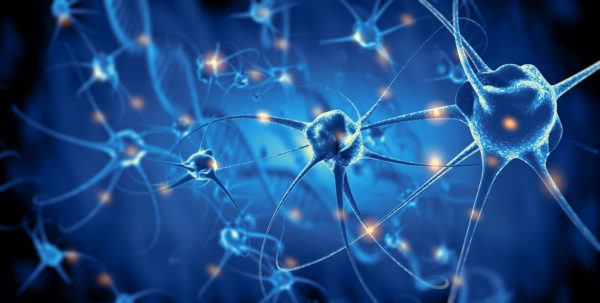Some people may have heard about the up-and-coming ketogenic (“keto”) diet, a high-fat, low-carbohydrate diet. The ketogenic diet process involves the breakdown of increased fat intake in cells, which occurs at the same time as the breakdown of harmful chemicals in blood sugar. These two processes occurring simultaneously can bypass damage that leads to diseases such as Alzheimer’s disease, diabetes, and cancer. The ketogenic diet has been known to prevent the progression of diseases related to age and lifestyle, thus promoting healthier aging.
In fact, this simple diet and lifestyle change is instrumental in preventing seizures. A seizure occurs when the brain does not communicate in a synchronized manner with the rest of the body and can result in uncontrollable movements or functions of the body, behavior changes, and an altered sense of awareness. Especially in youth populations, preventing a neurological condition with a non-invasive lifestyle serves as a vital alternative to modern prescription medications that typically come with a host of side effects.
Image Source: grandriver
In a study performed between 1993 and 2008 at Johns Hopkins Children’s Hospital, 101 patients from ages two to 26 who experienced seizures were treated with the ketogenic diet for a period of 16 months to eight years. When patients treated with this diet followed up anywhere from eight months to 14 years after being taken off the diet, they reported being either seizure-free or having their seizure occurrence reduced by 50%. The majority of patients who underwent the study did not undergo any significant long-term effects of being on the diet. The common belief is that a higher fat intake leads to cardiovascular risks, including heart attacks, plaque buildup, and coronary artery disease. However, none of the subjects in the study reported such effects; the only exception was that one patient reporting the development of high blood pressure. Patients’ liver and kidney tests came back normal and non-elevated.
How exactly does eating a high-fat diet prevent seizures? The ketogenic diet produces molecules called ketone bodies as fat is broken down. These ketone bodies are known by scientists to alter metabolism, which is the constant process that keeps everything in the human body functioning. This change in metabolism by the ketone bodies leads to a strong anti-convulsing effect and may also restrict the progression of seizure disorder.
These advances in a simple diet change led to a host of positive changes for individuals affected by seizure disorder, particularly in individuals who did not respond well to anti-seizure medications. Exploring the alternative path of fat metabolism can lead to enhancement of the daily lives of many people battling this neurological condition.
Feature Image Source : Giovanni Cancemi – stock.adobe.com










